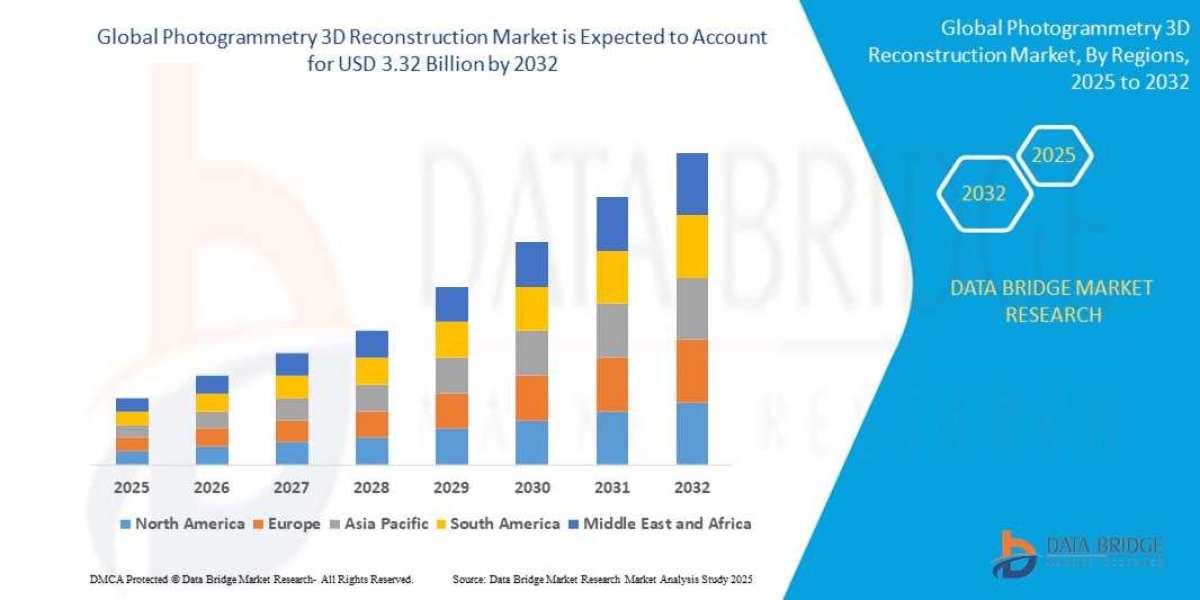The event planning industry has long relied on human creativity, logistical coordination, and meticulous detail management. But in recent years, artificial intelligence (AI) has been making waves, transforming the way events are conceived, organized, and delivered. From streamlining operations to hyper-personalizing attendee experiences, AI is redefining the future of event planning.
This revolution is not merely technological—it’s strategic. With smarter tools at their disposal, event planners are now able to operate with increased efficiency, accuracy, and insight. The result? Faster planning cycles, cost reductions, and events that feel uniquely tailored to each participant.
The Rise of AI in Event Planning
Artificial intelligence encompasses a broad range of technologies—machine learning, natural language processing, computer vision, and robotics. When applied to event planning, these tools assist in everything from automating scheduling to providing real-time attendee analytics.
A 2023 report by Allied Market Research estimates that the global event services market will reach $1.5 trillion by 2028, growing at a compound annual growth rate (CAGR) of 11.2% from 2021. Much of this growth is being fueled by AI-driven innovations that increase efficiency and reduce overhead costs.
Planners, vendors, and marketers are now embracing AI to handle complex tasks that once required large teams and extensive resources. Whether it’s identifying the best venue, managing guest preferences, or predicting turnout, AI is quickly becoming an indispensable tool in the planner’s toolkit.
- Intelligent Scheduling and Venue Selection
One of the most time-consuming parts of event planning is scheduling and venue selection. AI tools can now analyze data such as attendee locations, preferences, historical attendance, and weather forecasts to recommend optimal dates and venues.
Platforms like Tripleseat and Social Tables use AI-powered algorithms to recommend venues based on event type, guest demographics, and budget. This eliminates guesswork and significantly reduces time spent on manual research.
AI also helps resolve conflicts in scheduling by automatically analyzing calendars and suggesting alternatives, minimizing double bookings and maximizing attendance potential.
- Personalized Guest Experiences at Scale
Personalization has become a major differentiator in the event world. With AI, planners can offer experiences that feel individually curated—without needing an army of staff.
Chatbots and virtual assistants, powered by natural language processing, can handle thousands of attendee inquiries simultaneously, providing personalized recommendations for sessions, booths, or dining options.
Moreover, AI systems analyze registration data, social media activity, and past behavior to suggest personalized agendas for each attendee. For example, AI might identify a guest as a tech enthusiast and recommend a session featuring emerging innovations.
According to a report by Salesforce, 84% of customers say being treated like a person, not a number, is very important to winning their business. AI enables this level of personalization at scale, enhancing satisfaction and engagement.
- Smarter Marketing Campaigns
Marketing is a crucial part of any successful event. AI is enhancing the effectiveness of promotional campaigns by leveraging predictive analytics and real-time data processing.
AI tools like HubSpot’s Marketing Hub or Marketo Engage help planners identify high-value prospects, segment audiences, and automate email sequences tailored to specific interests and behaviors.
Through AI-driven A/B testing, marketers can experiment with different subject lines, images, and calls-to-action, learning in real time what resonates best with their audience. This ensures better open rates, click-throughs, and, ultimately, attendance.
One standout example is how AI is used to optimize paid advertising. Platforms like Meta and Google Ads use AI to test creative variations and automatically allocate budgets to top-performing ads—maximizing ROI without manual oversight.
- Enhanced Onsite Engagement and Navigation
AI is not just a tool for planning—it’s a vital part of the live experience. Facial recognition software expedites check-ins, eliminating long queues and verifying attendees in seconds. Meanwhile, mobile event apps powered by AI guide guests around venues using indoor maps and personalized itineraries.
AI-powered translation services and real-time captioning tools ensure accessibility for a global audience. Platforms like KUDO and Interprefy use AI to break down language barriers, making events more inclusive and engaging.
At hybrid or virtual events, AI can tailor the content feed to each participant, highlighting relevant sessions, networking opportunities, or products. These real-time customizations create an immersive experience that adapts as attendees engage.
- Predictive Analytics and Post-Event Insights
Traditionally, measuring the success of an event required tedious surveys and manual data compilation. AI changes this by offering predictive analytics and actionable insights both before and after the event.
By analyzing historical data, AI can forecast attendance, identify potential no-shows, and suggest actions to increase engagement. Post-event, AI tools can evaluate attendee sentiment through social media scraping and sentiment analysis, revealing which sessions resonated most.
For instance, tools like Zoe from Bizzabo can provide real-time dashboards with key metrics such as session popularity, booth traffic, or speaker effectiveness. These insights empower planners to continuously refine their strategies.
This data-driven approach ensures that future events are not only informed by past success but are also predictive in nature—anticipating trends, needs, and behaviors.
- Cost Efficiency Through Automation
AI significantly reduces the need for manual labor in administrative tasks. Contract management, budgeting, invoicing, and vendor communications can be automated using AI-driven tools.
Virtual assistants can manage timelines, send reminders, and automatically update project statuses. This not only frees up planners to focus on creative strategy but also minimizes human error and ensures deadlines are met.
A recent Harvard Business Review article emphasized that automation powered by AI can reduce operational costs by up to 30%, allowing even smaller organizations to host professional-grade events.
- AI-Powered Networking and Matchmaking
One of the most valued aspects of events—especially in B2B or industry-specific gatherings—is networking. AI enhances this by acting as a smart matchmaker.
Platforms like Grip and Brella use machine learning to analyze attendee profiles, goals, and interactions to recommend meaningful connections. These platforms schedule meetings, suggest discussion topics, and even evaluate post-meeting feedback to improve future suggestions.
This data-informed matchmaking ensures that attendees maximize their time and value from the event, often resulting in higher satisfaction and stronger business outcomes.
- The Role of Generative AI in Event Content
The introduction of generative AI tools like GPT and DALL·E has opened new doors for content creation. Planners can use these tools to:
- Write compelling event descriptions and press releases
- Generate social media posts and marketing copy
- Create custom graphics and branding materials
For example, an event planner organizing a sustainability conference can use AI to quickly produce variations of promotional posters tailored to different audiences. Or, they might use AI to script a keynote introduction or generate a recap blog within minutes after the event ends.
This not only accelerates content creation but also ensures consistency and tone across all channels.
- Addressing Privacy and Ethical Considerations
While AI offers immense potential, it also raises concerns around data privacy, consent, and bias. Event planners must ensure they comply with regulations like GDPR and CCPA when collecting and using attendee data.
Transparency is key—attendees should be informed when AI is being used to analyze their data or drive decisions. Additionally, ethical considerations around facial recognition and behavioral tracking should be carefully addressed, particularly in international or diverse contexts.
Using AI responsibly is not just a legal obligation but also essential for maintaining trust and brand reputation.
- What the Future Holds
As AI technology continues to evolve, its role in event planning will become even more central. We can expect more sophisticated predictive capabilities, emotional AI that reads body language or tone to assess engagement, and even autonomous event management platforms.
The future may see fully AI-managed virtual conferences where every detail—from scheduling to content delivery—is handled by intelligent systems.
According to a 2024 report by Statista, the AI market is projected to reach $305.9 billion in 2025, showing how integral AI is becoming across industries, including events.
Conclusion
Artificial intelligence is not just a tool—it’s a transformation. By enabling smarter decision-making, faster operations, and more personalized experiences, AI is revolutionizing event planning from the ground up.
Planners who embrace these technologies are gaining a competitive edge, delivering events that are not only efficient but also deeply engaging and human-centric.
As the industry continues to innovate, the integration of AI will be a hallmark of successful, scalable, and sustainable events in the years to come.






